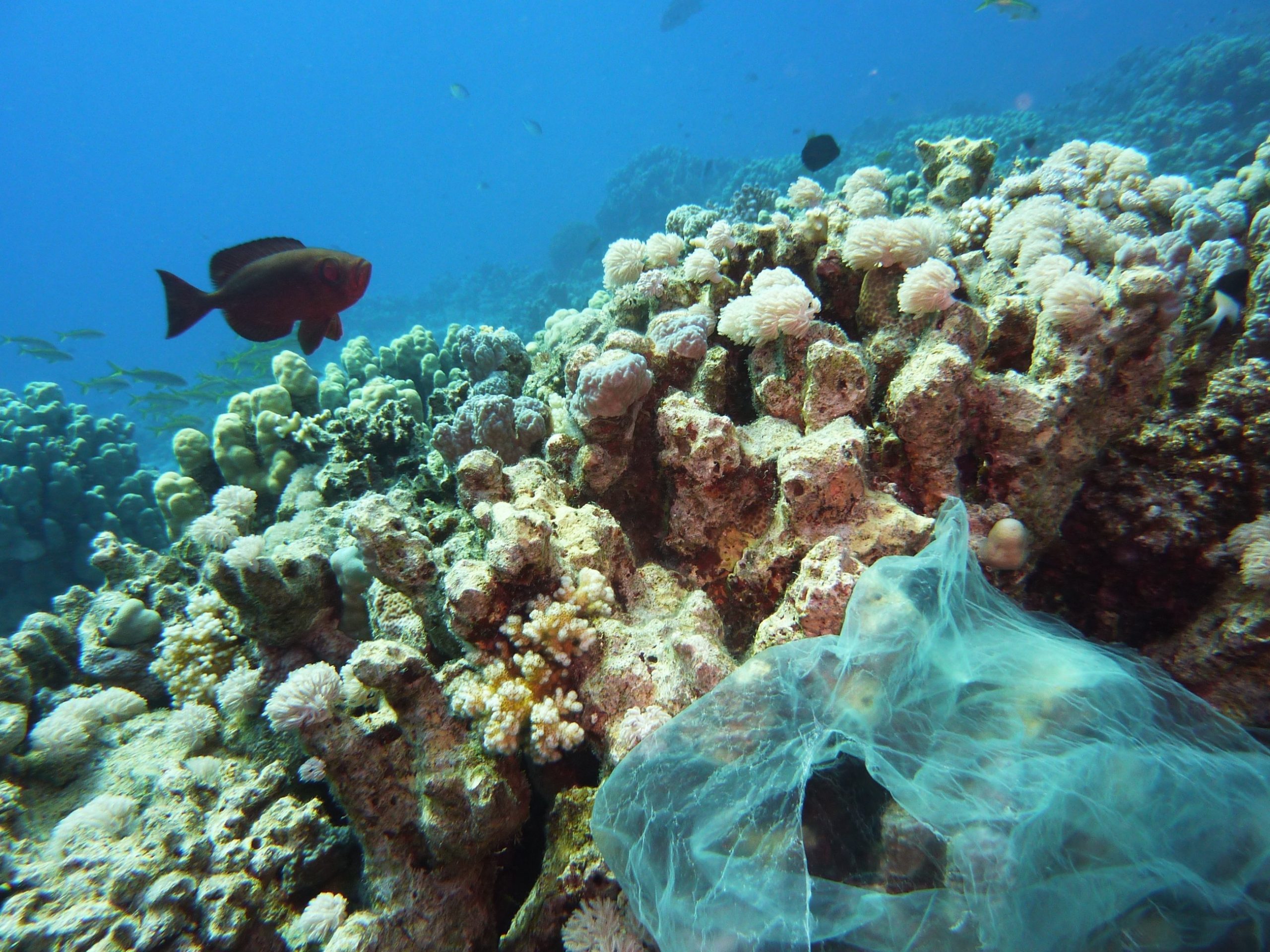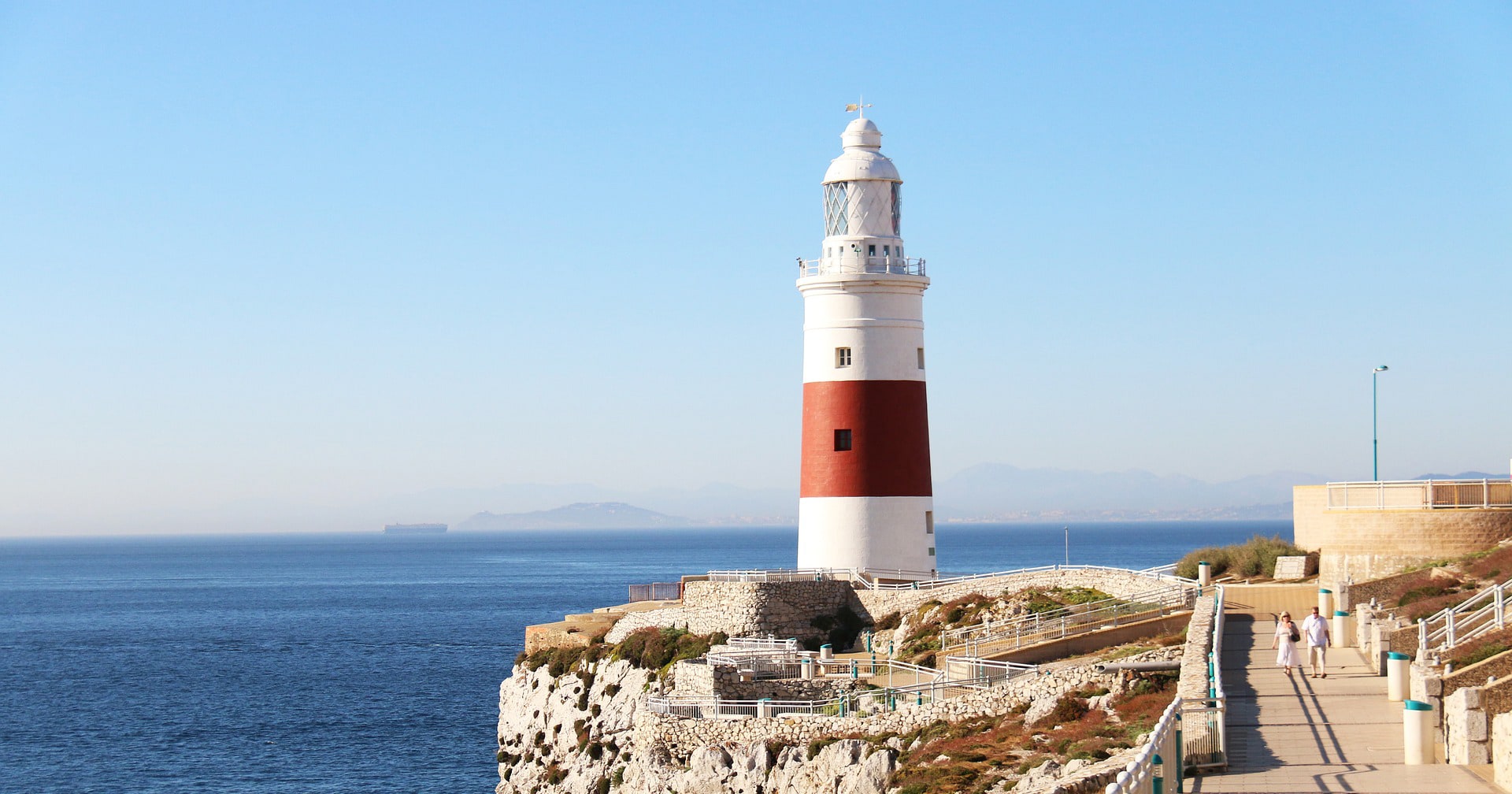According to recent surveys, 72% of travelers think that people should make more sustainable choices when they travel, and 71% believe that travel companies should make eco-friendly options more affordable and readily available to the general public. However, 46% of global travelers also admit that making sustainable choices when traveling abroad is more difficult than in their everyday lives. Even more worrisome, 31% report that they don’t like to think about sustainability while they’re on vacation.
The desire to travel responsibly is strong, but as the research shows, a considerable number of people don’t know how they should change their actions when traveling. But, as Pepijn Rijvers, the Senior Vice President and Head of Accommodation at Booking.com, says, “It’s important that all those in the travel ecosystem…come together, as it’s only through collaboration that meaningful change will continue to gain momentum.”
If you’re a traveler looking for simple ways to sustain the planet and improve the global climate, here are 5 tips you can use on your next adventure:
1. Look for “green” accommodations
When you’re looking for a place to stay, president of the Adventure Travel Trade Association, Shannon Stowell, recommends searching for responsible hotels and businesses. He says that most companies dedicated to sustainability will have their initiatives listed on their websites, but it doesn’t hurt to ask before booking your stay.
“It’s worth asking what makes them a responsible and sustainable company,” Stowell says. “Answers should be fairly comprehensive around both environmental issues and respecting local culture. If the answers are vague or confusing, it may be that the company doesn’t have a true focus on sustainability.”
Stowell also recommends researching the certificates displayed on the company’s website. One great resource for travelers is the Global Sustainable Tourism Council (GSTC) site, which lists hundreds of certification programs to help people make the right travel decisions.
2. Research your tour operator
If you plan on taking a tour or safari of any kind, be sure to research the company’s guidelines.
Justin Francis, CEO of Responsible Travel, emphasizes that tour operators should never interfere with local cultures or natural wildlife. “Feeding, touching and any altering of natural behavior should never take place,” Francis says. “If you’re encouraged to do any of these things on your trip, then we would advise reporting tour operators who encourage this kind of behavior and holding them to account on social media or review sites if needs be.”
The tour guides themselves should also be knowledgeable locals who are fairly compensated for their work. Some tour operators make claims on their websites that they are “carbon neutral” or “green” companies, but if they don’t say how they achieve these goals, it’s best to choose a more reputable service.
3. Plan your transportation needs
Flying is among the top 10 things that produce the most carbon emissions, and most travel articles recommend avoiding air travel whenever possible. However, if you’re dying to explore a country overseas, you don’t have to give up your dream getaway. Just try to book non-stop direct flights, and then make sustainable choices when you arrive at your destination.
Utilizing public transportation, such as trains, buses, and subways, is a great way to travel sustainably and get to know a new region. It’s also much cheaper than renting a car or using a cab service!
4. Limit plastic use
People are much more likely to use single-use plastics when traveling abroad than when they’re in the comfort of their own homes. People might not think twice about eating with plastic cutlery or buying a plastic water bottle or using plastic bags, but these small choices can quickly add up. To reduce your own “plastic footprint,” avid backpacker Chris Lininger recommends:
- Buying a reusable water bottle and water filter.
- Not eating the plastic-wrapped airline food.
- Bringing reusable bags.
- Not purchasing “travel-sized” items.
- Picking up litter while hiking.
- Refusing to use plastic straws.
5. Avoid locations prone to “overtourism”
Popular tourist destinations often begin to face difficult problems when the number of travelers pouring in begins to affect the resources and lives of local people. From Barcelona to Amsterdam to the Philippines, government officials have had to take drastic actions to limit tourism and preserve resources. In Asia, some governments have closed down entire islands to allow the land to recover from overtourism. Iceland has had to enact a Tourist Site Protection Fund, and Italy’s Cinque Terre has put limits on hikers.
These overcrowded areas may be beautiful, but they have to be respected, too. The world is full of amazing sights, and you don’t have to go to the latest trendy spot to find them.
If expensive roaming fees and extra mobile charges are limiting your travel budget, BNESIM has a solution. With a global data SIM card, you can call, text, and surf the web in over 170 countries around the world, all for an affordable price. Simply pick a card, customize your plan to match your needs, and travel with confidence. No matter where your next adventure takes you, BNESIM will make sure that you can stay connected with your loved ones back home.
Cover photo credits: hanna_huber_





